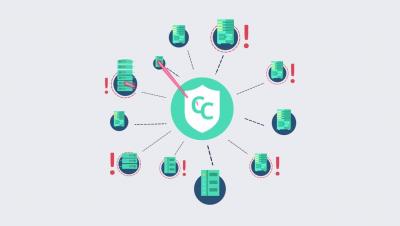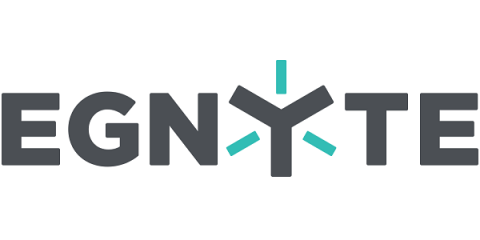Security | Threat Detection | Cyberattacks | DevSecOps | Compliance
%term
RSA 2019 - A Case of the Blues
RSA is arguably the biggest business-focussed cyber security event of the year. As over 40,000 security professionals completely take over the Moscone Centre in San Francisco. Of course, one of the biggest changes this year was a case of the blues - as AlienVault made its transition into AT&T Cybersecurity. There were smiles all around, and the now blue blinky sunglasses remained a favourite across our two booths.
The cyber threats caused by non-existent people
Computers are making humans now. Sort of. In a recent discussion at Bulletproof, someone casually mentioned ‘thispersondoesnotexist.com’. It’s a fairly harmless experiment in which AI randomly generates an image of a person who does not exist, thus solving the mystery of the name. This has since prevented me from sleeping at night, not least because I have turned up on it more than once.
What are the different types of XSS?
Cross-site scripting (XSS) is a common vulnerability that is carried out when an attacker injects malicious JavaScript into a website, which then targets the website’s visitors. By doing so, the attacker may gain access to users’ cookies, sensitive user information, as well as view and/or manipulate the content that is shown to the user. This is not another article explaining what XSS is, why it is a security issue and how to fix it because we have already covered that.
Weekly Cyber Security News 15/03/2019
A selection of this week’s more interesting vulnerability disclosures and cyber security news. Biometrics again. Here’s the thing, you get the consumer all fired up and (as the article says) actually put in some good kit saying this is reliable, and then further down the line substitute it for something that is not so great; will the consumer be aware of the down grade? Most likely not. As with all authentications, biometrics included, don’t rely on just one key…
Making it Rain - Cryptocurrency Mining Attacks in the Cloud
Organizations of all sizes have made considerable shifts to using cloud-based infrastructure for their day-to-day business operations. However, cloud security hasn't always kept up with cloud adoption, and that leaves security gaps that hackers are more than happy to take advantage of.
Calcom Server Hardening Solution
RSA Conference 2019
The Safe (and Unsafe) Ways to Use Public Links for Collaboration
Earlier this week security firm Adversis published an article that exposed a vulnerability with a consumer-grade file sharing provider, which was created by the use of public links. For those who may not be familiar, many content collaboration solutions allow users to create links to one or more files or folders that can easily be shared internally or externally via text, email, social media, etc. (more info on links).
Higher Education Security Breaches To Learn From
Higher education finds itself facing a threat to its financial security even larger than student retention – data breaches. As colleges and universities begin to adopt mobile technologies, they also find themselves increasingly targeted by malicious actors. Understanding the recent security breaches impacting the industry can educate institutions about information security.










